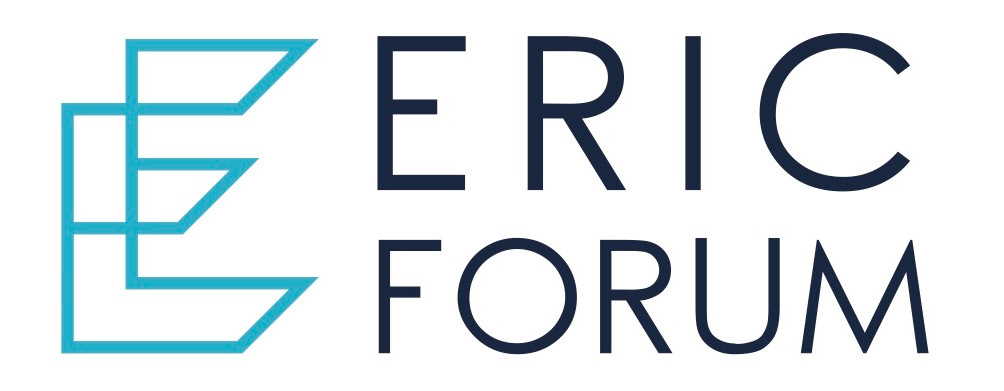Hi everyone,
if you are a researcher and you want to follow the FAIR data principles you are not left alone. In today’s edition I will try to explain what ERIC is and what they have to do with FAIR data.
As for work updates: I was on a small camping vacation in France, so there are no work updates, but I came back with many ideas for the future! :-)
❓ FAIR Buzzword Bingo: ERIC
There are already countless intertwined research and infrastructure initiatives in the cultural heritage field, even more beyond it. Every week I will focus on one of the many FAIR data-related initiatives, last week I’ve covered Europeana and the Cultural Heritage Cloud, this week: the European Research Infrastructure Consortium (ERIC)
Some of the initiatives I will present in upcoming editions officially have the ending ERIC, for example CLARIN-ERIC. So what is an ERIC? An ERIC is a European Research Infrastructure Consortium (Q15808872). A legal entity within the European Law that was established by the EU Council Regulation 723/2009 (Q120506553).
“An ERIC […] should have as its principal task the establishment and operation of a research infrastructure on a non-economic basis and should devote most of its resources to this principal task” - Council Regulation 723/2009 (Q120506553)
Since 2009 ERICs have been formed around various research disciplines, from cultural heritage to marine biology or carbon dioxide storage. In the open access article The ERIC Consortium: A New Type of EU Research Institution, Carlo Rizzuto stresses that the more than 20 existing ERICs have a major impact in extensive fields of research.
Based on additional funding of almost € 1.5 million, the ERIC Forum (Q120510649) was set up. Representatives of each ERIC are organized within this forum. According to their website, the ERIC Forum’s aim is to “advance operations of ERICs and to strategically contribute to the development of ERIC related policies.”. It does so by for example strengthening the coordination and networking between ERICs.
ERIC and FAIR data
In February 2023, the ERIC Forum published a position paper regarding the “Public consultation on the past, present and future of the European Research & Innovation Framework programmes 2014-2027”. It mentions the acronym FAIR seven times!
“ERICs are key enablers of Open Science and their quality-managed services facilitate FAIR research data and outputs” - ERIC Forum position paper
Having support for FAIR data at such a basic level has of course enormous advantages. By using standardized research infrastructure, the creation of FAIR data isn’t a burden for individual researchers anymore. Instead, the underlying research data infrastructure is already FAIR by-design and there would be trainings about it. I think this is highlighted best in the following recommendation the ERIC Forum has for the next Horizon Europe program with respect to experimental data:
“Funding for standardization efforts for experimental data as key to produce FAIR data. ERICs are a ‘central’ structure to promote standard development between different research institutions in Europe as well as beyond with their international partners” - A recommendation from the ERIC Forum’s position paper
What do you think about ERICs? Are you aware of any ERICs in your field of research? Under the following link you can find a small fact sheet about ERICs and a full list of existing ones.
That’s it for this week of the FAIR Data Digest. I hope you found the content interesting. Don’t forget to share or subscribe. See you next week!
Sven



